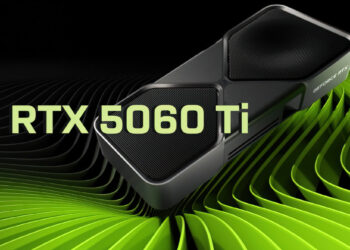There is no denying that Steam Deck is the most widely used handheld gaming device available. However, Asus recently attracted a lot of attention when they unveiled the ROG Ally. However, when it comes to Steam Deck competitors powered by AMD, the introduction of the Asus Rog Ally appears to be just the beginning.
At least four handhelds based on the same SoC have yet to be announced, to be precise. And when all of those are released into the wild, Valve’s handheld device might undoubtedly lose its appeal.

It may be the first gaming handheld with custom hardware since Valve’s offering, as Asus hinted. And a growing number of recent leaks indicate that the result of a partnership with AMD will be known as Ryzen Z1.
Furthermore, recent Rog Ally Geekbench leaks imply that Asus may be using two of these processors. They claim that the first chipset used by the Steam Deck rival has two RDNA 3 graphics compute units and is a six-core Ryzen Z1 chipset. The second SoC has six RDNA 3 compute units and eight Ryzen Z1 Extreme cores.
The Ryzen Z1 Extreme might consume more power, based on appearances. Undoubtedly, that would result in greater performance gains than Steam Deck.
It doesn’t seem like the Ryzen 7 7840U is a chipset that is only for the Asus Rog Ally. The Aokzoe A1 Pro, a GPD Win Mini clamshell, and an unannounced Ayaneo 2s are all rumoured to use the same chipset. These can undoubtedly heat up the handheld gaming market with the new AMD chipset. And as you might have guessed, this isn’t good news for the Steam Deck.
Additionally, Aokzoe seems to be quite confident in its most recent offering. With the 7840U, the brand is confident it can either match or even outperform Steam Deck. It has been posting videos that demonstrate the A1 Pro’s strength. There’s even a brief video showing the A1 Pro playing the same game on par with the Steam Deck in terms of battery life and processor power. Aokoze bragged about how much faster the A1 Pro actually is in that clip.
Also Read:








